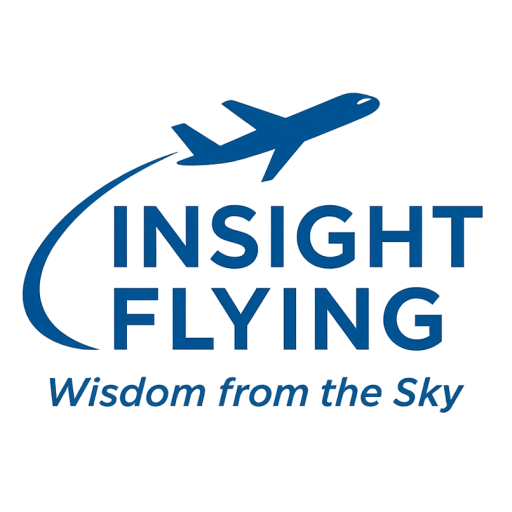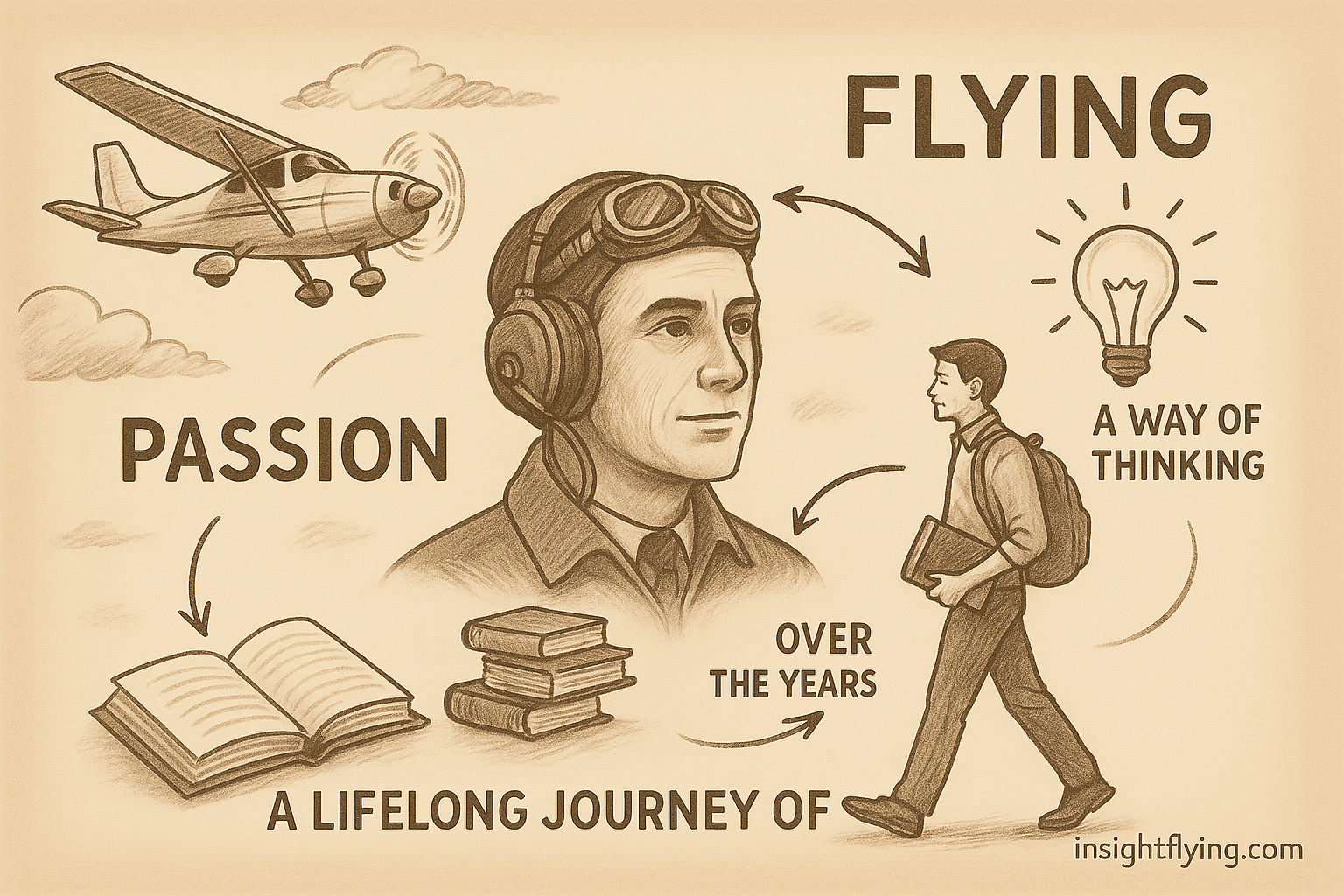กระบวนการสอบคัดเลือกนักบิน โดยเฉพาะในกรณีของการบินไทย มีขั้นตอนที่แตกต่างจากสายการบินอื่นในบางประเด็น ขั้นตอนสุดท้ายคือ การประเมินโดยผู้เชี่ยวชาญด้านจิตวิทยาการบิน ซึ่งการบินไทยเลือกใช้ผู้เชี่ยวชาญจากแถบสแกนดิเนเวีย ผู้ที่ได้รับการยอมรับในระดับสากลและมีประสบการณ์ยาวนานในการคัดเลือกนักบิน ขั้นตอนนี้เป็นที่รู้จักกันอย่างไม่เป็นทางการว่า “การสอบกับ Professor”
อย่างไรก็ตาม เนื่องจากมีผู้สมัครจำนวนมากในแต่ละปี การให้ทุกคนเข้าสอบกับ Professor ทันทีหลังการตรวจสุขภาพจะก่อให้เกิดค่าใช้จ่ายสูงอย่างมาก จึงมีความจำเป็นต้องมีกระบวนการ “คัดออก” ก่อน เพื่อกลั่นกรองผู้สมัครที่มีโอกาสผ่านเกณฑ์น้อยที่สุด
ในขั้นตอนนี้ กัปตันของการบินไทยจะเป็นผู้สัมภาษณ์ แม้จะไม่ได้เป็นนักจิตวิทยามืออาชีพ แต่ก็สามารถช่วยคัดกรองผู้สมัครได้ในระดับหนึ่ง อย่างไรก็ดี การประเมินโดยกัปตันไม่สามารถสะท้อนความสามารถของผู้สมัครได้ครบถ้วนทั้งหมด ผู้สมัครบางรายอาจมีคุณสมบัติที่ดี แต่ถูกมองข้ามเพราะวันนั้นไม่สามารถแสดงศักยภาพได้เต็มที่ ด้วยเหตุนี้ ผู้ที่ไม่ผ่านรอบดังกล่าวจึงได้รับสิทธิ์ในการสมัครและเข้าสอบใหม่อีกครั้ง
เพื่อให้การคัดเลือกมีความแม่นยำมากขึ้น กัปตันผู้ทำหน้าที่สัมภาษณ์จึงได้รับการอบรมจาก Professor โดยตรง เพื่อเรียนรู้หลักการประเมินบุคลิกภาพและคุณสมบัติพื้นฐานของผู้สมัคร ข้อแนะนำสำคัญที่ได้จากการอบรมคือ ผู้สมัครควร “แสดงตัวตนที่แท้จริง” ออกมาในการสัมภาษณ์
สิ่งนี้ไม่ได้หมายความว่าผู้สมัครต้องเสแสร้งเพื่อสร้างความประทับใจ เพราะหากกล่าวสิ่งที่ไม่ตรงกับความจริง ย่อมส่งผลเสียในภายหลัง ยกตัวอย่างเช่น หากถูกถามว่าเล่นดนตรีอะไรได้ และผู้สมัครตอบว่า “เล่นกีตาร์” ทั้งที่เล่นไม่เป็น อาจเกิดสถานการณ์ที่กรรมการหยิบกีตาร์ขึ้นมาขอให้ลองเล่น ซึ่งจะกลายเป็นการเปิดเผยความไม่จริงใจของผู้สมัครทันที
นอกจากนี้ การกล่าวอ้างว่ามีทักษะที่ตนไม่เคยฝึกฝน เช่น “เล่นกลองเป็น” ก็อาจสะท้อนถึงความไม่พร้อมในการทำงานที่ต้องใช้การประสานประสาทสัมผัสหลายด้าน ซึ่งจะถูกตรวจสอบซ้ำในการทดสอบถัดไปอยู่แล้ว ดังนั้น การสื่อสารความสามารถจริงของตนเองย่อมเป็นทางเลือกที่ปลอดภัยและสร้างความน่าเชื่อถือมากกว่า
สิ่งที่ผู้สมัครควรตระหนักคือ การประเมินความเหมาะสมสำหรับอาชีพนักบินนั้น เป็นหน้าที่ของ Professor ไม่ใช่กัปตันผู้สัมภาษณ์รอบแรก การไม่ผ่านการคัดกรองไม่ได้หมายความว่าผู้สมัคร “ไม่เก่ง” แต่เพราะ Professor เห็นว่าอาจไม่เหมาะสมกับอาชีพนักบินในระยะยาว ซึ่งไม่ได้เป็นการลดทอนคุณค่าในตัวบุคคล แต่อาจสะท้อนว่า ผู้สมัครมีศักยภาพที่จะประสบความสำเร็จในสายอาชีพอื่นมากกว่า
ท้ายที่สุด การคัดเลือกนักบินไม่สามารถมีการฝากหรือการลำเอียงได้ เพราะตำแหน่งนักบินหมายถึง ชีวิตของผู้โดยสารและความปลอดภัยขององค์กร การได้มาหรือเสียไปของโอกาสในเส้นทางนี้ จึงควรถูกมองว่าเป็นกระบวนการที่คัดสรรบุคคลให้ตรงกับอาชีพที่ตนจะสามารถทำได้ดีที่สุด ไม่ว่าจะเป็นในห้องนักบินหรือเส้นทางอาชีพอื่น ๆ ก็ตาม
✈️ สรุป: ในการสอบสัมภาษณ์กับกัปตันของสายการบิน สิ่งที่สำคัญที่สุดคือการแสดงตัวตนที่แท้จริงอย่างมั่นใจและซื่อตรง เพราะสิ่งที่ผู้สัมภาษณ์ต้องการเห็น ไม่ใช่ภาพลักษณ์ที่ถูกสร้างขึ้น แต่คือคุณสมบัติที่แท้จริงของผู้สมัคร ซึ่งจะเป็นตัวกำหนดความเหมาะสมต่ออาชีพนักบินในที่สุด
What Interviewers Look For in Pilot Selection
The pilot selection process, particularly in the case of Thai Airways, includes a distinctive final stage: an assessment conducted by aviation psychology specialists. Thai Airways has traditionally engaged experts from Scandinavia, who are internationally recognized for their long-standing expertise in pilot assessment. This stage, often referred to informally as the “Professor Interview”, is designed to determine whether a candidate possesses the qualities required not only to become a competent pilot but also to develop into a future captain.
However, due to the large number of applicants each year, it would be financially impractical to send every candidate directly to the Professor stage immediately after the medical examination. Therefore, the selection process incorporates an intermediate step — an interview with Thai Airways captains, which functions primarily as a screening stage. The purpose here is to filter out candidates who are unlikely to meet the requirements for final assessment, thereby reducing the significant costs associated with the Professor evaluation.
It is important to emphasize that this captain interview is not intended to make the final judgment on a candidate’s suitability for the profession. Thai Airways captains, while highly experienced aviators, are not professional psychologists. Their role is to identify candidates who demonstrate a reasonable chance of success in the final stage. Consequently, applicants who are unsuccessful at this stage are allowed to reapply in future intakes. Failing the captain interview does not mean a candidate is incapable of becoming a pilot — it may simply mean they did not perform to their full potential on that particular day.
To support this process, captains designated as interviewers receive training directly from the Professor. One of the key lessons emphasized is that candidates must present their authentic selves during the interview. The purpose is not to impress the panel with fabricated qualities but to allow the captains to observe genuine motivation, attitude, and potential.
Consider a simple example: if a candidate is asked whether they can play a musical instrument and replies, “guitar,” without actually having that skill, there is always the possibility that a guitar might be produced during the interview. The inability to play would immediately undermine credibility. Similarly, claiming to play the drums without the coordination skills required to separate hand and foot movements would eventually be revealed in later aptitude assessments. Such exaggerations or false claims do not strengthen a candidate’s chances — they undermine them.
The fundamental principle is straightforward: honesty and authenticity are critical. Candidates should communicate their true skills and characteristics, even if modest, because the final stage with the Professor will ultimately reveal their real strengths and limitations. Pretending to be someone else will only harm the candidate’s progress.
It must also be understood that the decision of whether an applicant is suitable for a flying career rests solely with the Professor. Passing or failing is not a measure of intelligence or personal worth. A candidate who does not meet the requirements for pilot training may, in fact, be far better suited to excel in another profession.
Finally, the process is designed to ensure fairness and integrity. Pilot selection cannot be influenced by personal connections or favoritism. The role of a pilot carries the responsibility for both passenger lives and significant corporate assets. For this reason, only candidates who demonstrate genuine aptitude and suitability through objective assessment are selected.
✈️ Conclusion: During the captain interview, what matters most is authenticity. Interviewers are not looking for rehearsed answers or exaggerated achievements, but for genuine qualities that reflect a candidate’s true potential. Honesty, self-awareness, and the ability to present oneself naturally are the keys to progressing in the highly selective journey toward becoming an airline pilot.

